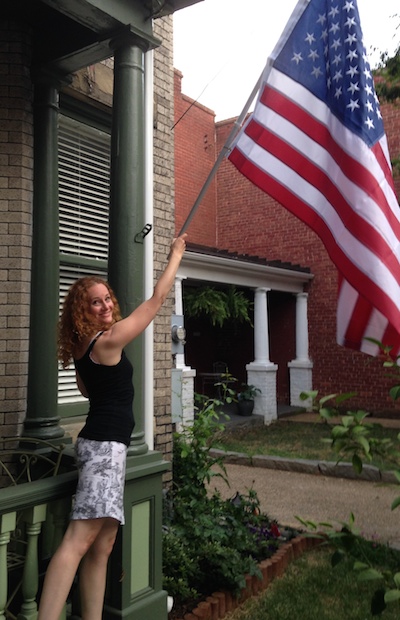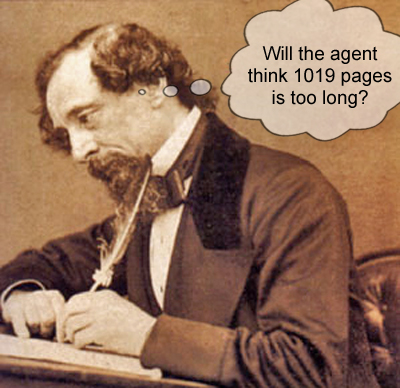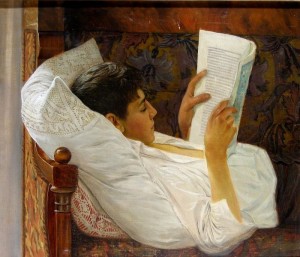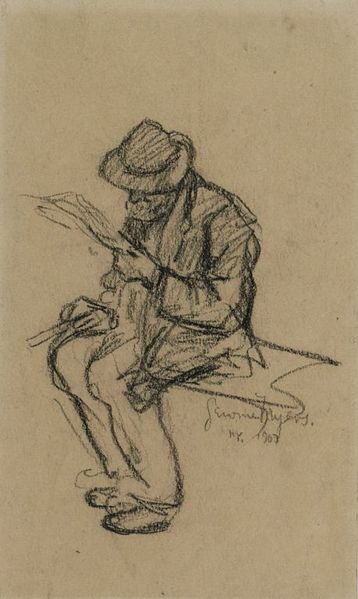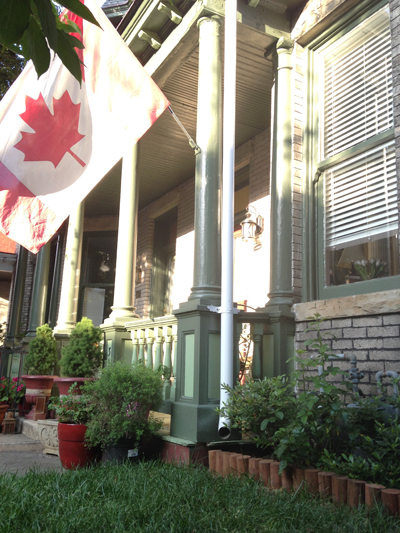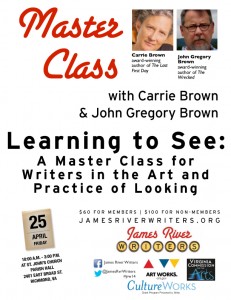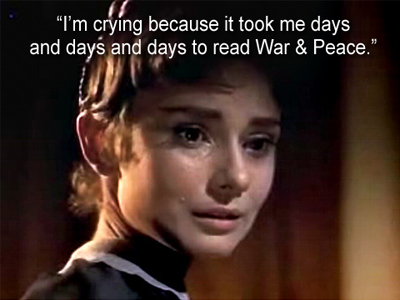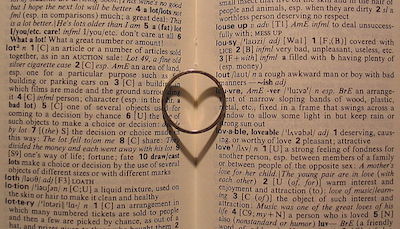
As I go forth into a writing career, I have decided to change up my blog a bit. Until now, it has been about Design, Photography and Writing–the three things I did somewhat equally with my time. Now, with my head either on the page, in a book, or in a library, Compositions will become about Writing, Reading and Research.
In the world of a writer these elements gather to create a composition. Readers and writers bring their own thoughts and expression to how stories are made, and research delves into how history shapes those perceptions. Here at Compositions I’ll share stories, writing tips and thoughts, and historic adventures. All at or around 250 words per post.
So as I begin again, let’s start with words. I recently watched this Ted Talk on What Makes a Word “Real”? It speaks to how/why words are added to our English language dictionaries and how our view of words has changed. Boy has it.
“Troll” was hanging out under bridges, warts and all. Now it means to “surf” the internet. Surf, not stream. “Streaming.” To have shows running on your computer while you eat Spam. Or delete spam. I say this with abandon. Although “abandon” in the 14th century meant to subdue. I’d say it sounds awful that so much has changed, but “awful” in the 13th century meant “inspiring wonder.”
What words have changed meaning for you? If you could add one word to the dictionary, what would it be?

